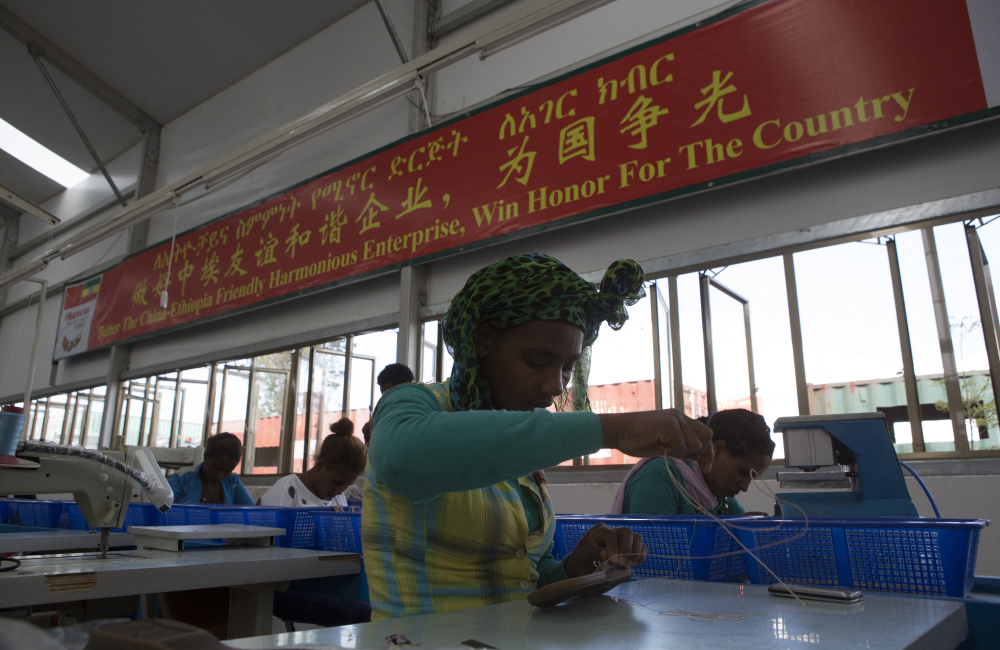
There is going to be a lot of talk at the upcoming Forum on China-Africa Cooperation (FOCAC) summit that will take place in Beijing in early September about the need for African countries to move up the value supply chain.
African delegations are going to speak at length about their desire for Chinese companies to move more manufacturing to the continent and to invest in industrialization.
For countries like the DR Congo, Zimbabwe, and Zambia, among others, the discussion will center on early-stage processing of critical resources, including lithium and cobalt.
The Chinese, too, will fill their press releases from the summit with lots of happy talk about the importance of bolstering Africa’s industrialization drive. While there will no doubt be some very interesting announcements, it’d also be prudent to keep expectations in check.
Chinese companies, if nothing else, are among the most cost-conscious in the world — oftentimes operating their businesses on the slimmest of margins.
The biggest complaint you’ll hear is about the huge cost burden brought on by the inadequate infrastructure that plagues most of the continent. Take the power crisis in Zambia, for example, where the state-run utility ZESCO wants to raise the cost of electricity by 156%.
Roads, rail, and digital infrastructure have undoubtedly improved over the past decade, thanks in part to generous Chinese engagement, but it is nowhere near enough for most African states to compete effectively with countries in Asia, Latin America, and other regions that are also vying for Chinese FDI.
So, many African governments are still hoping China will help to narrow that gaping infrastructure deficit with large investments, public-private partnerships, and even loans, which, unfortunately, is probably not going to happen.
Instead, we’re going to see a lot of smaller deals, sub-$50 million, focused on green energy and telecommunications that will no doubt help, but won’t materially alter the current trajectory.
